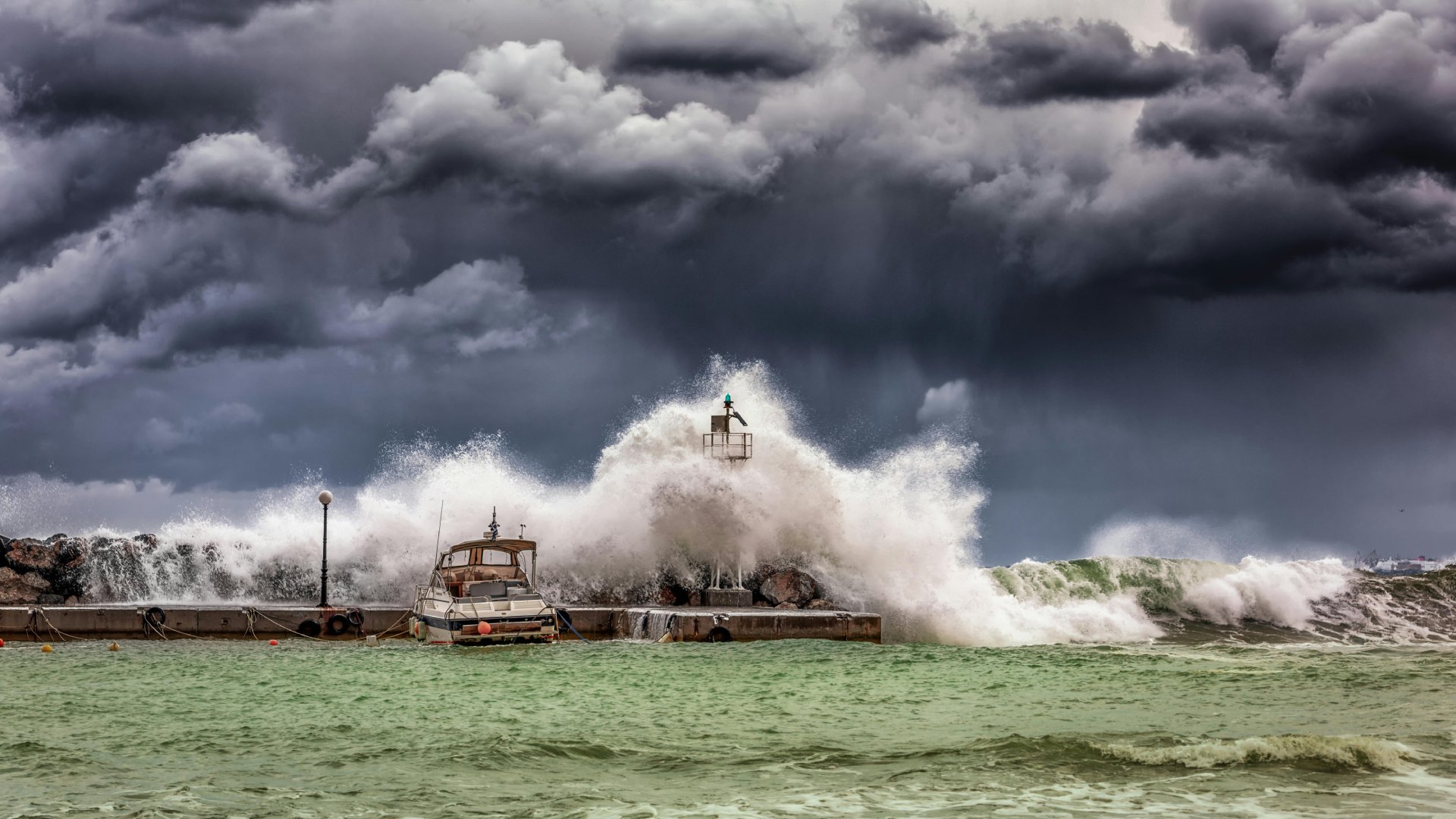Article Highlights
- Pseudoephedrine is highly restricted in many countries, requiring a prescription or outright banned.
- Medical marijuana is prohibited in most destinations, regardless of U.S. or Canadian prescriptions.
- Some destinations like Antarctica and Tristan da Cunha have no access to OTC drugs—travelers must bring their own.
- Global Rescue offers invaluable support, helping travelers locate medications and medical professionals abroad.
- Always carry medicines in original packaging with prescriptions to avoid customs issues.
Traveling abroad to some of the most remote places in the world is an exciting adventure, but it can also present challenges—especially when managing your medications. Over-the-counter (OTC) drugs like ibuprofen or loratadine are widely accessible in the United States and Canada, but the legal status of these medicines varies significantly worldwide. To avoid fines, confiscations, or even legal trouble, it’s essential to understand the rules for OTC and prescription medicines in your destination country.
Below are the regulations for OTC and prescription medicines in some of the most remote destinations travelers explore.
Medicine Regulations in Remote Destinations
Chile
- OTC Drugs: Common OTC drugs like ibuprofen, acetaminophen, and loratadine are generally available without restrictions in Chile. However, pseudoephedrine is restricted and may require a prescription due to its potential misuse.
- Prescription Medicines: Travelers with prescription medications should carry them in their original packaging along with a doctor’s note.
- Notes: Bringing medical marijuana is prohibited, even with a prescription.
Maldives
- OTC Drugs: OTC medicines such as ibuprofen, acetaminophen, and loratadine are permitted. However, travelers should be cautious with pseudoephedrine, which may be restricted.
- Prescription Medicines: A doctor’s prescription is required for all controlled substances, including sedatives and strong painkillers.
- Notes: Importing medical marijuana is illegal.
Jordan
- OTC Drugs: Ibuprofen, acetaminophen, and loratadine are available. However, pseudoephedrine and dextromethorphan may require a prescription.
- Prescription Medicines: Controlled substances require a prescription and approval from Jordanian authorities.
- Notes: Medical marijuana is strictly prohibited.
Pitcairn Islands
- OTC Drugs: Supplies are limited. Bring enough ibuprofen, acetaminophen, and other necessities from home.
- Prescription Medicines: A prescription from your home country should suffice, but supplies on the island are scarce.
- Notes: Consult with your doctor and bring a well-labeled supply of medications.
St. Helena
- OTC Drugs: Basic medicines such as ibuprofen and acetaminophen are available but may be in limited supply.
- Prescription Medicines: Bring a doctor’s note for any prescription drugs.
- Notes: Access to pharmacies is limited; plan accordingly.
Easter Island (Chile)
- OTC Drugs: Following Chilean rules, OTC medicines like ibuprofen and acetaminophen are accessible.
- Prescription Medicines: Prescription drugs should be accompanied by documentation.
Peru
- OTC Drugs: Ibuprofen, acetaminophen, and loperamide are readily available. Restrictions apply to pseudoephedrine and dextromethorphan.
- Prescription Medicines: Bring a copy of your prescription and carry medications in their original packaging.
Tristan da Cunha
- OTC Drugs: Limited availability. Bring all necessary OTC drugs like ibuprofen and acetaminophen from home.
- Prescription Medicines: Ensure all prescriptions are labeled clearly and bring a sufficient supply.
- Notes: Access to medical services is highly restricted due to the island’s remoteness.
Antarctica
- OTC Drugs: No OTC medicines are available. Travelers must bring their own supplies.
- Prescription Medicines: Ensure all medications are clearly labeled, as customs checks may occur en route via Chile or Argentina.
Kerguelen Islands
- OTC Drugs: Supplies are minimal. Bring all necessary medications from home.
- Prescription Medicines: Carry prescriptions and sufficient supplies.
Greenland
- OTC Drugs: Most basic OTC drugs like ibuprofen and acetaminophen are accessible in pharmacies.
- Prescription Medicines: Controlled substances require a prescription.
Diego Garcia
- OTC Drugs: Supplies are minimal. Travelers should bring a sufficient supply of all OTC and prescription medications.
- Prescription Medicines: Carry documentation and original packaging.
Samoa
- OTC Drugs: Ibuprofen and acetaminophen are widely available. Pseudoephedrine is restricted and may require a prescription.
- Prescription Medicines: Stronger medications may require prior approval.
Mongolia
- OTC Drugs: Availability is limited, so bring necessary medications like ibuprofen and loratadine.
- Prescription Medicines: Carry a doctor’s note and ensure proper labeling.
What Travelers Need To Know
- Restricted OTC Medicines: Pseudoephedrine, dextromethorphan, and bismuth subsalicylate may be restricted or require prescriptions in several countries. Always research the regulations in advance.
- Medical Marijuana: Even with a prescription, medical marijuana is illegal or highly restricted in most destinations.
- Customs Enforcement: Some countries will confiscate medications that are not permitted, even if they are legal in the United States or Canada.
- Preparation Is Key: Bring sufficient supplies, carry prescriptions, and ensure all medicines are in their original packaging.
- Emergency Support: Services like Global Rescue can assist with finding local equivalents and medical professionals.
The Global Rescue Connection
According to the Global Rescue Traveler Sentiment and Safety Survey, trip-takers consistently list “forgetting to pack prescription and over-the-counter medicine” as one of the top 10 travel mistakes. The survey found that 9% of travelers have forgotten to pack prescription medicines before a trip despite being one of the last items we pack and one of the most important.
While many OTC medications are easily accessible in the United States, travelers should do their homework to understand the legal status of these drugs in their destination countries. Carrying a supply of necessary medications, consulting with Global Rescue’s medical operations team or a healthcare provider or looking for local equivalents can help ensure a smooth travel experience. Even if a medicine is legal, travelers should always keep it in the original container and have a copy of a prescription.
Be aware that customs agents may confiscate any medications that are not allowed, even if you have a prescription from a doctor, especially if the medication is not legally recognized in that country.









